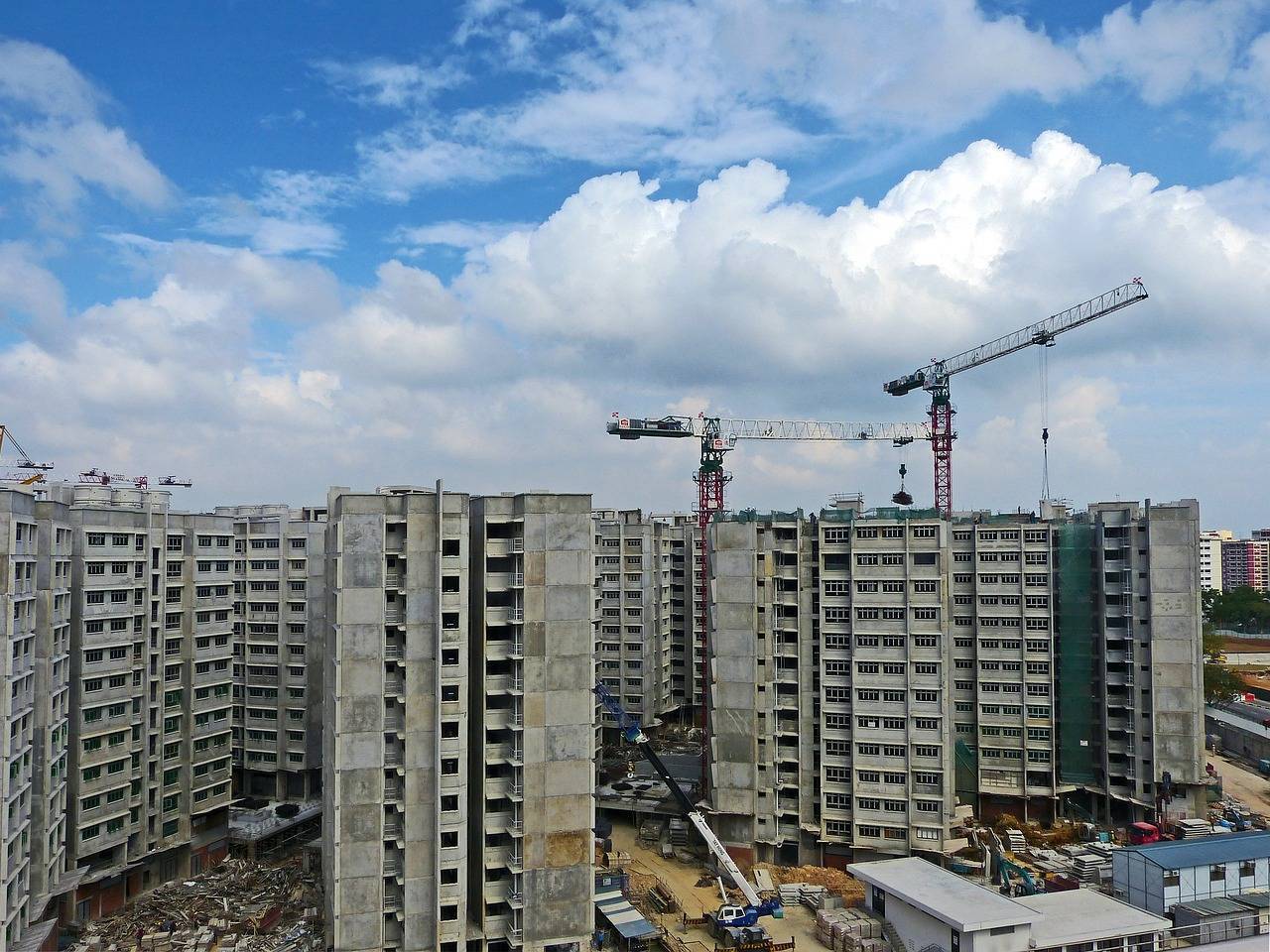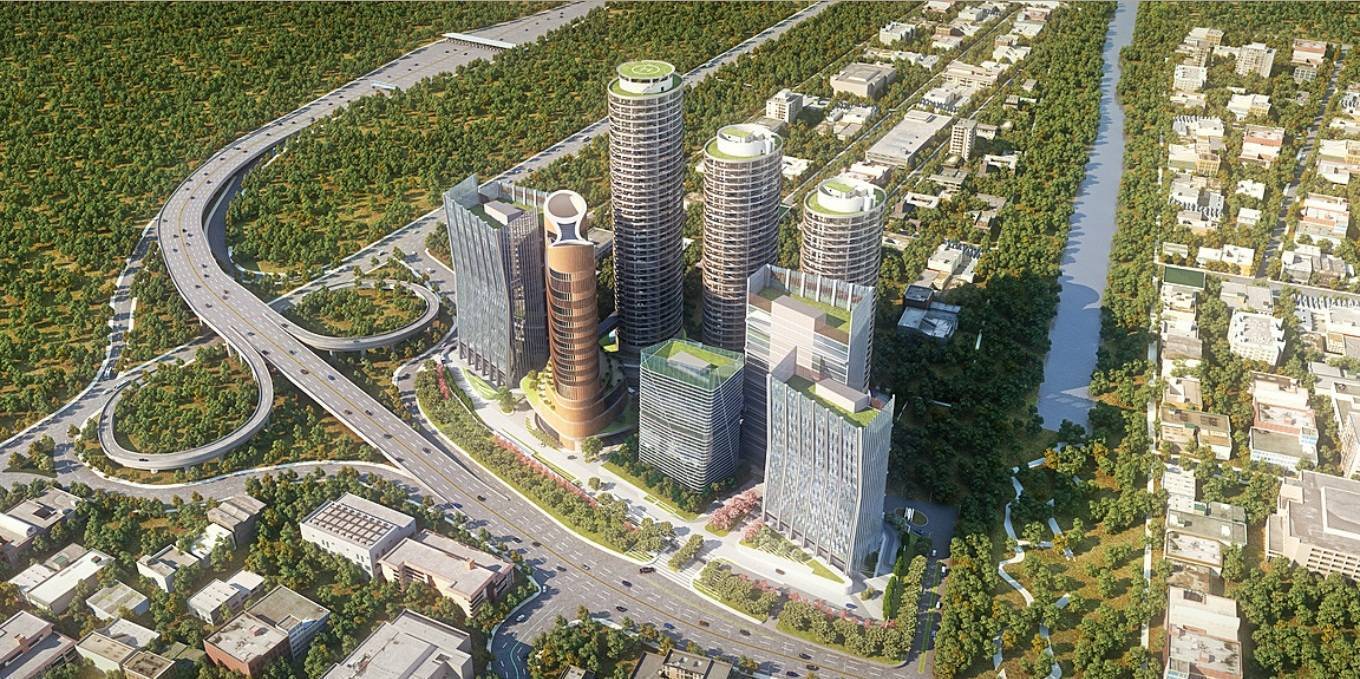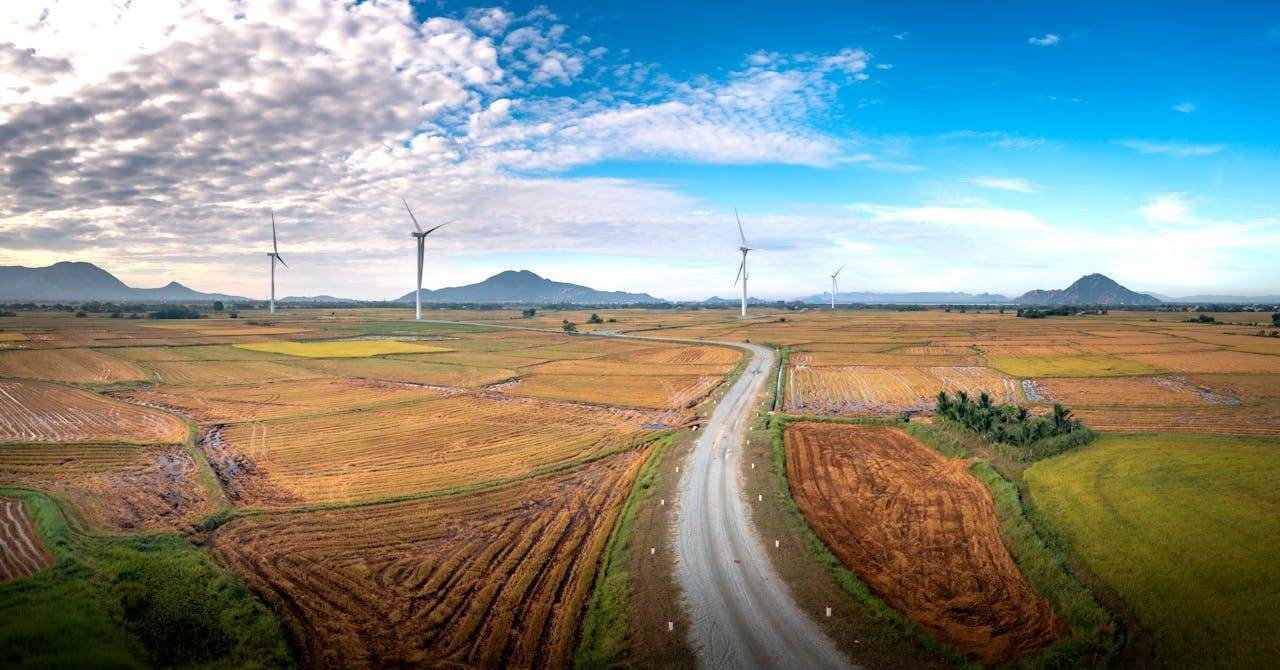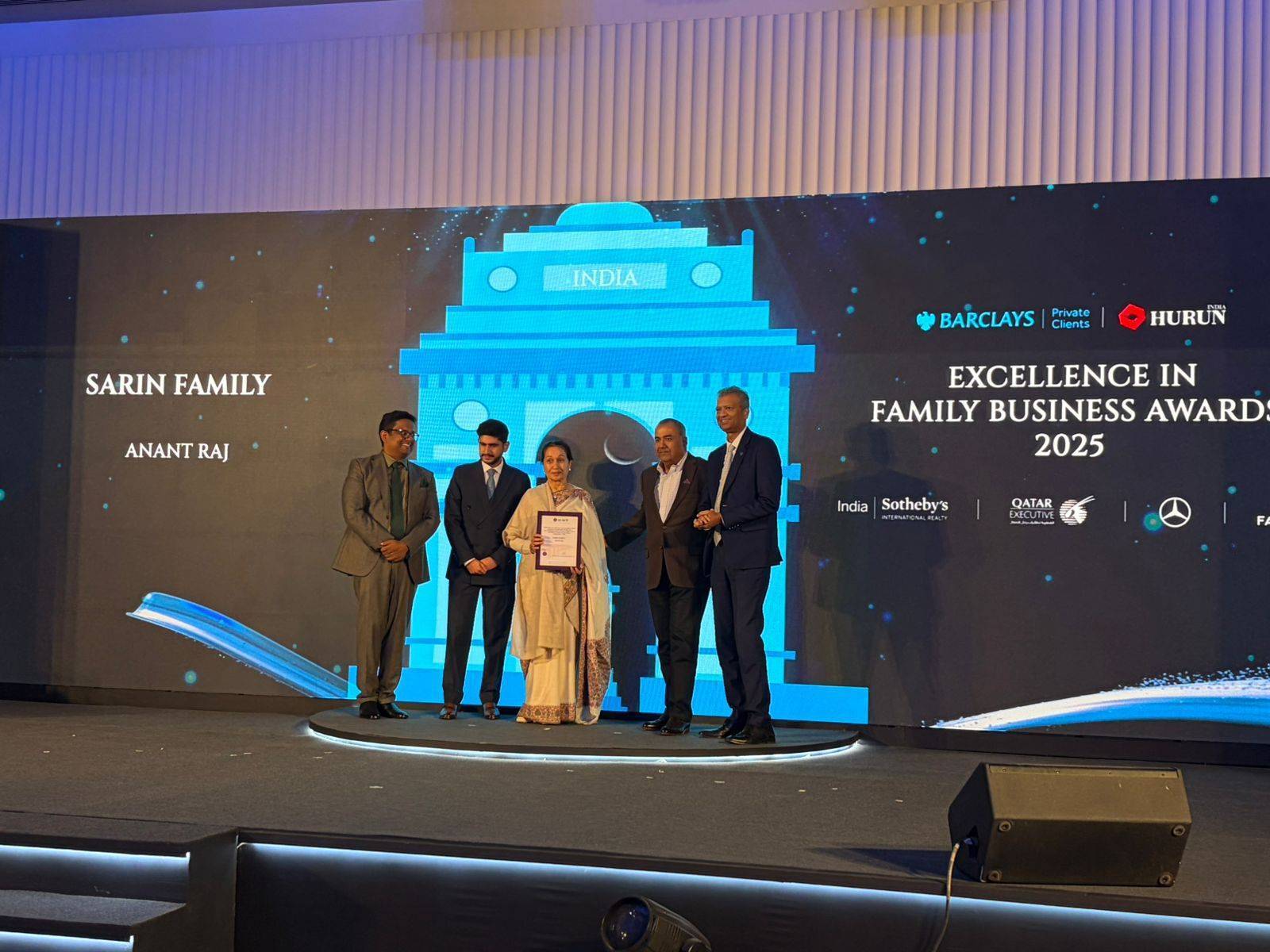Jaypee Infratech Ltd (JIL), now managed by Suraksha Group, has announced an investment of around ₹6,000 crore to complete nearly 20,000 stalled housing units. These homes, located primarily in the Wishtown township in Noida, Uttar Pradesh, are expected to be delivered within 40 months, starting from August 2024.
The announcement was made at a press conference in Noida, where JIL CEO Abhijit Gohil reiterated the company’s commitment to fulfilling promises made in the approved resolution plan. "We want to assure homebuyers that we will abide by whatever timeline we have committed in the resolution plan," he said. The company also hosted a webinar earlier in the day, attended by over 800 homebuyers, to provide updates on project progress since the takeover by the Suraksha Group.
Out of the total 159 towers comprising approximately 16,500 homes in the Wishtown township, finishing work is required in 62 towers, while the remaining 97 towers need significant construction. Additionally, there are about 3,500 units in other stalled projects that are now also part of the completion target.
To ensure timely execution, JIL has awarded contracts to more than 20 different contractors. The company currently has around 3,200 workers at various sites, and this workforce is expected to increase in the coming months. Gohil emphasized that a detailed construction schedule has been drawn up to align with the 40-month delivery window.
JIL has already obtained Occupation Certificates (OCs) for 22 towers, and the handover process for these units has commenced. OCs for another 12 towers have been applied for, and applications for 18 more towers are expected to be submitted by early June.
JIL Executive Director Jash Panchamia stated that the estimated construction cost for completing the projects stands at ₹6,000 crore. The company has secured a credit line of ₹3,000 crore to fund this effort. He added that the company’s financial position is stable and capable of supporting the execution plan.
The company generates about ₹400 crore annually from toll collections on the Yamuna Expressway, which connects Greater Noida to Agra. This toll revenue is being used to support construction activities. In addition, JIL has pending receivables from previously sold homes and plans to launch about 1,100 unsold units in the next three months to strengthen its cash flow.
A major boost for JIL came in the form of regulatory support. The company has received re-validation of RERA registrations for seven stalled projects in the Delhi-NCR region, covering over 10,000 homes. This regulatory nod is crucial as it allows JIL to restart construction activities without legal or administrative hurdles. The company is expecting RERA clearance for six more projects shortly.
The revival of Jaypee Infratech began with its inclusion in the Corporate Insolvency Resolution Process (CIRP) in August 2017, initiated by an IDBI Bank-led consortium. After several rounds of legal proceedings, the National Company Law Tribunal (NCLT) approved Suraksha Group’s bid on March 7, 2023. The decision was later upheld by the National Company Law Appellate Tribunal (NCLAT) in May 2024.
As part of the resolution plan, Suraksha Group agreed to pay ₹1,334 crore to the Yamuna Expressway Industrial Development Authority (YEIDA) as compensation to farmers. It also committed to issue non-convertible debentures and transfer over 2,500 acres of land to lenders. The Group has already infused ₹125 crore into JIL since the takeover.
However, the compensation issue remains contentious, with YEIDA filing a petition in the Supreme Court seeking additional funds for affected farmers.
For thousands of homebuyers who have waited for years, the renewed efforts by JIL under Suraksha’s leadership offer cautious optimism. With the financial plan in place, RERA support secured, and work actively underway, the company appears to be on track to meet its 40-month target.
The next few months will be critical as JIL ramps up workforce deployment, accelerates construction activities, and moves toward restoring confidence among stakeholders.









.png)